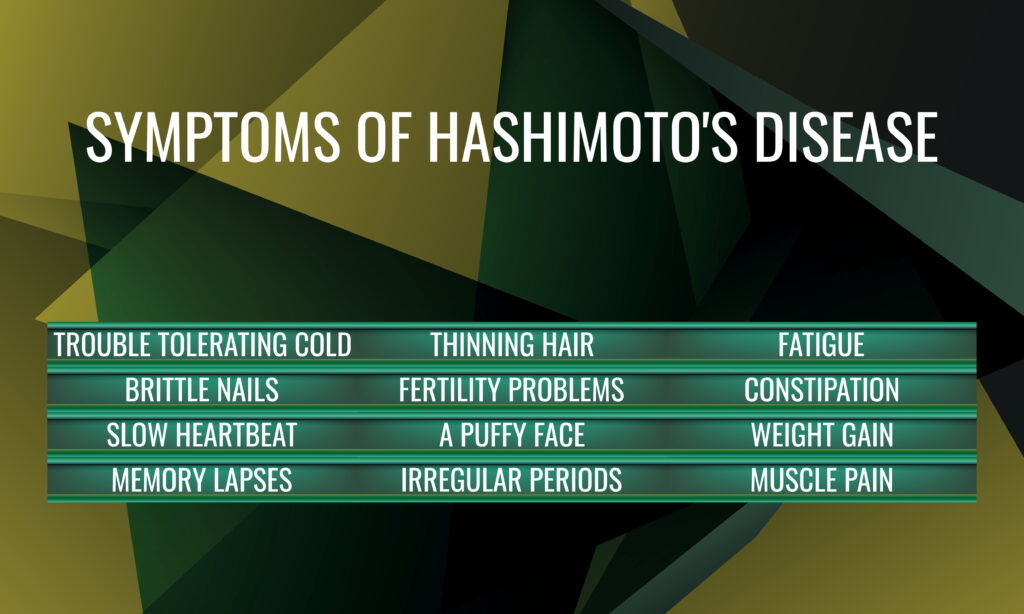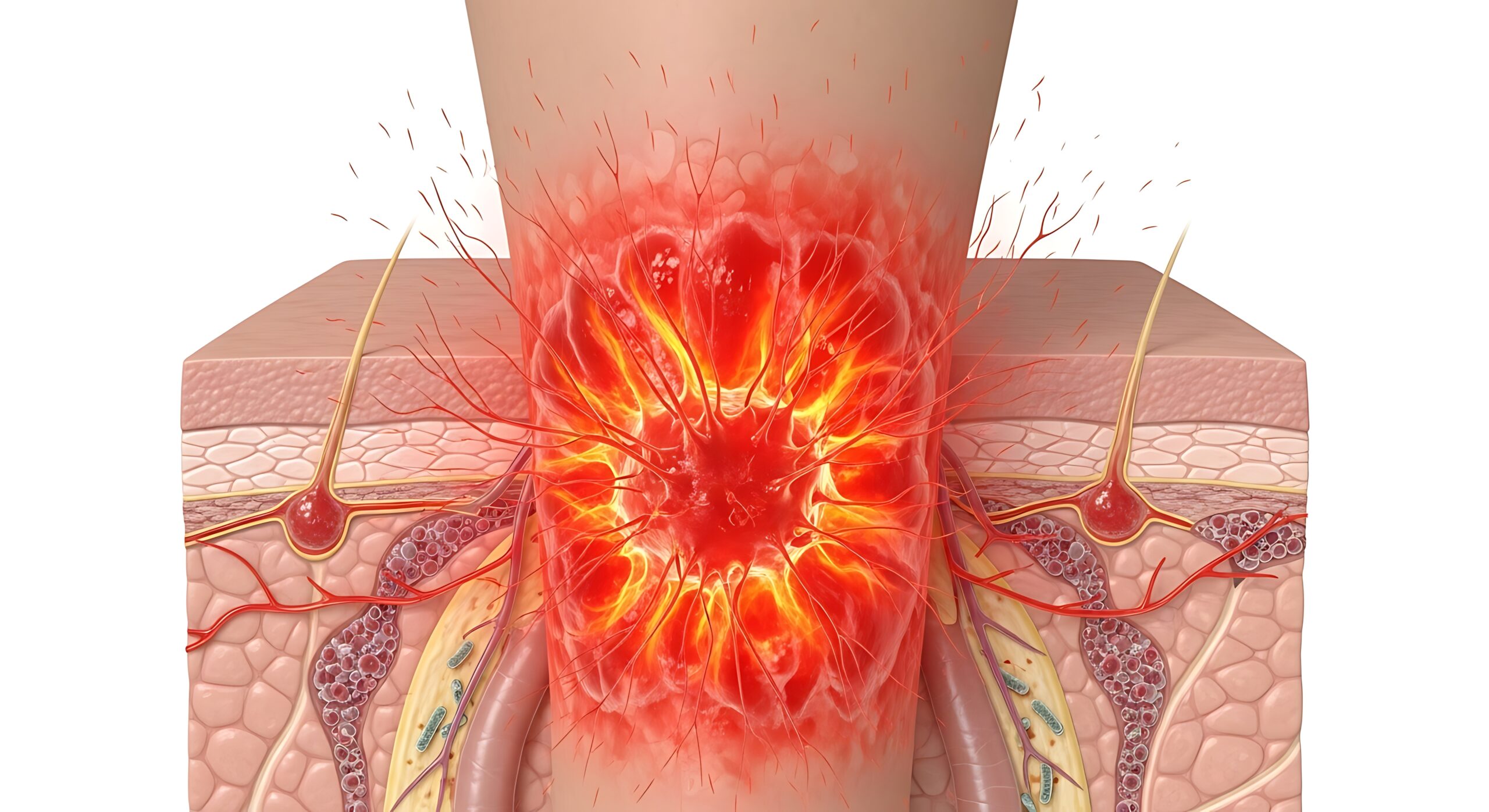Poor indoor air quality is one of the most overlooked factors impacting autoimmune health. For those living with Hashimoto’s thyroiditis, mold exposure is an especially concerning but unrecognized trigger. Hidden mold growth inside your home or workplace can silently aggravate thyroid inflammation, increase antibody activity, and worsen fatigue, brain fog, and hormone imbalance.
This in-depth guide will explore what Hashimoto’s is, how environmental factors like mold can fuel it, and most importantly, how IndoorDoctor’s On-Demand Mold Testing can help you identify whether your indoor environment is a trigger. Unlike other approaches, IndoorDoctor offers direct consultation and guidance throughout the process, making the journey enjoyable, easy, and empowering.

What is Hashimoto’s Thyroiditis?
Hashimoto’s thyroiditis, commonly referred to as Hashimoto’s disease, is the leading cause of hypothyroidism in the United States and worldwide. It is an autoimmune disorder where the immune system mistakenly targets the thyroid gland, leading to chronic inflammation, tissue damage, and reduced production of thyroid hormones.
Over time, Hashimoto’s can cause hypothyroidism (underactive thyroid). Symptoms often include:
- Persistent fatigue
- Sensitivity to cold
- Weight gain
- Hair thinning and dry skin
- Constipation
- Brain fog and memory issues
- Mood changes such as depression or anxiety
Doctors diagnose Hashimoto’s by testing for elevated thyroid antibodies (anti-thyroid peroxidase [TPO] and anti-thyroglobulin [Tg]), imaging the thyroid, and checking hormone levels.
Known Triggers of Hashimoto’s
While genetics play a role, environmental and lifestyle factors often act as the “on switch” for Hashimoto’s in predisposed individuals. Common triggers include:
- Nutrient imbalances: low selenium, vitamin D deficiency, or excess iodine
- Viral or bacterial infections
- Hormone disruptors and toxins in the environment
- Chronic stress and poor sleep
- Digestive health problems including “leaky gut”
And increasingly, experts point to mold exposure and poor indoor air quality as critical but overlooked drivers of thyroid autoimmunity.
Mold and Indoor Air Quality: The Hidden Connection
Indoor mold thrives wherever there is moisture, water intrusion, or humidity. Common hiding spots include:
- Basements, attics, and crawlspaces
- Behind walls or wallpaper
- Bathrooms and kitchens
- HVAC systems and ductwork
Even if mold is not visible, spores and fragments can become airborne and inhaled. These particles often contain allergens, irritants, and sometimes mycotoxins — toxic compounds produced by certain mold species.
Breathing mold-contaminated air daily can overwhelm the immune system, disrupt hormones, and contribute to chronic illness — including autoimmune thyroid conditions like Hashimoto’s.

How Mold Exposure May Worsen Hashimoto’s
Scientific research and clinical reports suggest mold exposure can affect Hashimoto’s patients in several ways:
1. Chronic Immune Activation
Mold spores and mycotoxins stimulate the immune system, releasing inflammatory cytokines (IL-6, TNF-α, IL-1β). This constant immune activation can drive thyroid inflammation and antibody production.
2. Increased Intestinal Permeability
Mold toxins can disrupt gut lining integrity, leading to “leaky gut.” This allows larger food and environmental particles into circulation, triggering autoimmune cross-reactivity against thyroid tissue.
3. Endocrine Disruption
Certain mycotoxins interfere with hormone production and conversion, impairing the body’s ability to convert T4 into active T3 — worsening hypothyroid symptoms.
4. Oxidative Stress
Mold toxins generate free radicals, depleting antioxidants like glutathione. This oxidative stress may damage thyroid cells and amplify autoimmune attack.
5. Genetic Susceptibility
Not everyone reacts the same way to mold. Those with specific genetic variations in detoxification or immune pathways may be especially vulnerable.

Signs Mold Could Be a Trigger for Your Hashimoto’s
How can you tell if mold may be making your Hashimoto’s worse? Look for these clues:
- Your thyroid symptoms worsen at home or in certain buildings
- You notice musty smells or have a history of water damage indoors
- You experience respiratory irritation, sinus infections, or unexplained allergies
- Your thyroid antibody levels remain high despite medication and lifestyle changes
- Fatigue, brain fog, and joint pain persist no matter what you try
If any of these sound familiar, mold may be a hidden factor holding back your progress.
Why Choose IndoorDoctor’s On-Demand Mold Testing
Traditional mold testing often leaves homeowners confused, overwhelmed, or without clear next steps. That’s where IndoorDoctor’s On-Demand Mold Testing stands apart.
Here’s why it’s the gold standard for anyone worried about mold and Hashimoto’s:
- Expert Guidance from Start to Finish
IndoorDoctor is the only expert company that provides direct consultation throughout your testing journey. You’re never left guessing — you’ll know exactly how to collect samples, what your results mean, and what actions to take next. - Convenient and Stress-Free
The process is simple and enjoyable. You don’t have to wait for an inspector or rearrange your life. You can take action today from the comfort of your own home. - Accurate Identification
IndoorDoctor’s testing doesn’t just detect mold — it identifies the specific species and spore counts, giving you actionable data about what’s in your air. - Targeted Solutions
By pinpointing the type and location of mold, IndoorDoctor empowers you to make informed decisions about remediation and prevention. - Peace of Mind
Whether results show high mold levels that need addressing or confirm that your indoor air is clean, you’ll gain clarity and peace of mind.
👉 Learn more about IndoorDoctor’s On-Demand Mold Testing here.

What Happens if Mold Is Found?
If your test reveals problematic mold exposure, the path forward becomes clear:
- Fix the source: Repair leaks, improve drainage, reduce humidity.
- Remediate mold: Remove contaminated materials, clean HVAC, use professional remediation where necessary.
- Improve air quality: Upgrade filters, add air purifiers, increase ventilation.
- Support your health: Work with your doctor to monitor thyroid antibodies and hormone levels as your environment improves.
Many people report significant improvements in energy, clarity, and overall well-being once mold triggers are eliminated.
Why IndoorDoctor is the Trusted Leader
When it comes to something as important as your health, you deserve a partner who makes the process easy, accurate, and supportive. IndoorDoctor isn’t just selling a kit — we’re providing a comprehensive service:
- Direct consultation with experts
- Easy-to-follow testing process
- Clear, actionable results
- Ongoing support for remediation and prevention
No other company combines convenience, expertise, and compassion the way IndoorDoctor does.
How IndoorDoctor’s On-Demand Testing Can Help You Take Back Your Health
- Hashimoto’s disease and mold: Mold exposure can worsen thyroid autoimmunity.
- Indoor air quality matters: Hidden mold in your home may be fueling fatigue, brain fog, and persistent hypothyroid symptoms.
- IndoorDoctor On-Demand Mold Testing: The only expert service that combines accurate testing with direct consultation to rule in or out mold triggers for Hashimoto’s.
- Act now, feel better sooner: Don’t delay — testing today is the first step toward reclaiming your thyroid health.
👉 Order IndoorDoctor’s On-Demand Mold Testing today and breathe easier knowing you’ve taken control of your indoor environment.
References
- Wentz, I. “Mold: A Hashimoto’s Trigger.” Thyroid Pharmacist.
- “Mold Toxicity and Hashimoto’s: The Hidden Trigger Behind Stubborn Symptoms.” HashimotosDiet.net.
- “Indoor Mold.” Wikipedia.
- Straus DC. “Mold, Mycotoxins and a Dysregulated Immune System: A Combination of Stressors.” International Journal of Molecular Sciences. 2022.
- Hope J, Straus DC. “Environmental Mold and Mycotoxin Exposures Elicit Specific Cytokine and Chemokine Responses.” PLOS ONE.



